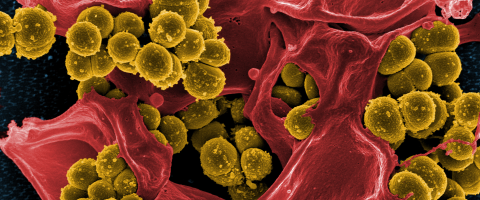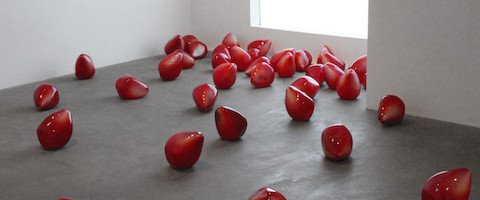We started Method Quarterly a year ago with not too much of an idea about how to run a publication, but a lot of ideas about what we’d like to explore inside one if we were to somehow be put magically in charge. As is often the case, we felt something was missing from the predominant ways science was talked about in the public. We felt something tangible about the process, the people, and the settings in which science occurs needed stirring up — messing up — and at some point we decided to throw our energies into doing just that. We did that for the simple reason that we wanted to.
And we found dozens of writers, scholars, scientists, designers, and artists who felt the same. Together with them, we explored stories and issues around three themes: Boundaries, Visions, and Fictions.
But, while we started this project with lots of ideas and lots of energy, we also had lots of time. Full-time jobs and, as it turns out, human babies, take away from that. Which is why we’re sad (but not too sad!) to say that this will be the last issue of Method — at least for the time being.
So we thought it was only appropriate that our fourth and last issue explore the theme of Identity. In this issue of Method, we take stock of what science says about us, and what we think about science. What belief systems motivate the pursuit of certain lines of knowledge and not others? How does science — drawing clear lines where none exist in nature, neatly sorting life into laws and categories — create certain identities while precluding others? What can science tell us about who we are and the world we live in, and where does that inevitably fall short?
We explore how the twisting threads of myth and mysticism led to spaceflight in Russia and the US, and continue to shape our motivations to search upwards today. We hear about what it will mean to truly integrate queer youth into clinical research. We learn about how our immune systems choose to ignore the microbes that are part of us (or perhaps how these microbes learn to hide from our immune systems), drawing the lines of self and non-self. We talk to Anne Fausto-Sterling about how, when it comes to the study of gender development, it’s high time we get over our obsession with nature versus nurture. We get a scrapbook of memories about what it was like to grow up in the corn fields of Monsanto. And much more.
We hope you’ve enjoyed this experiment as much as we have.



